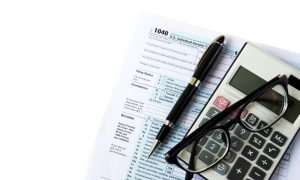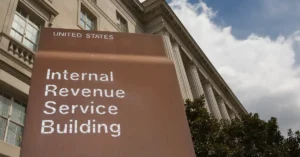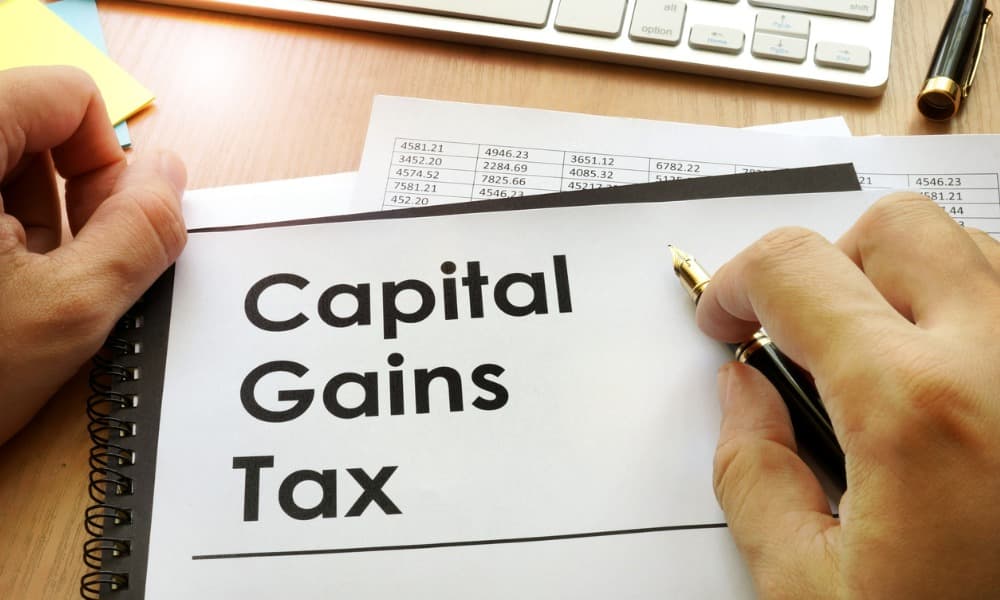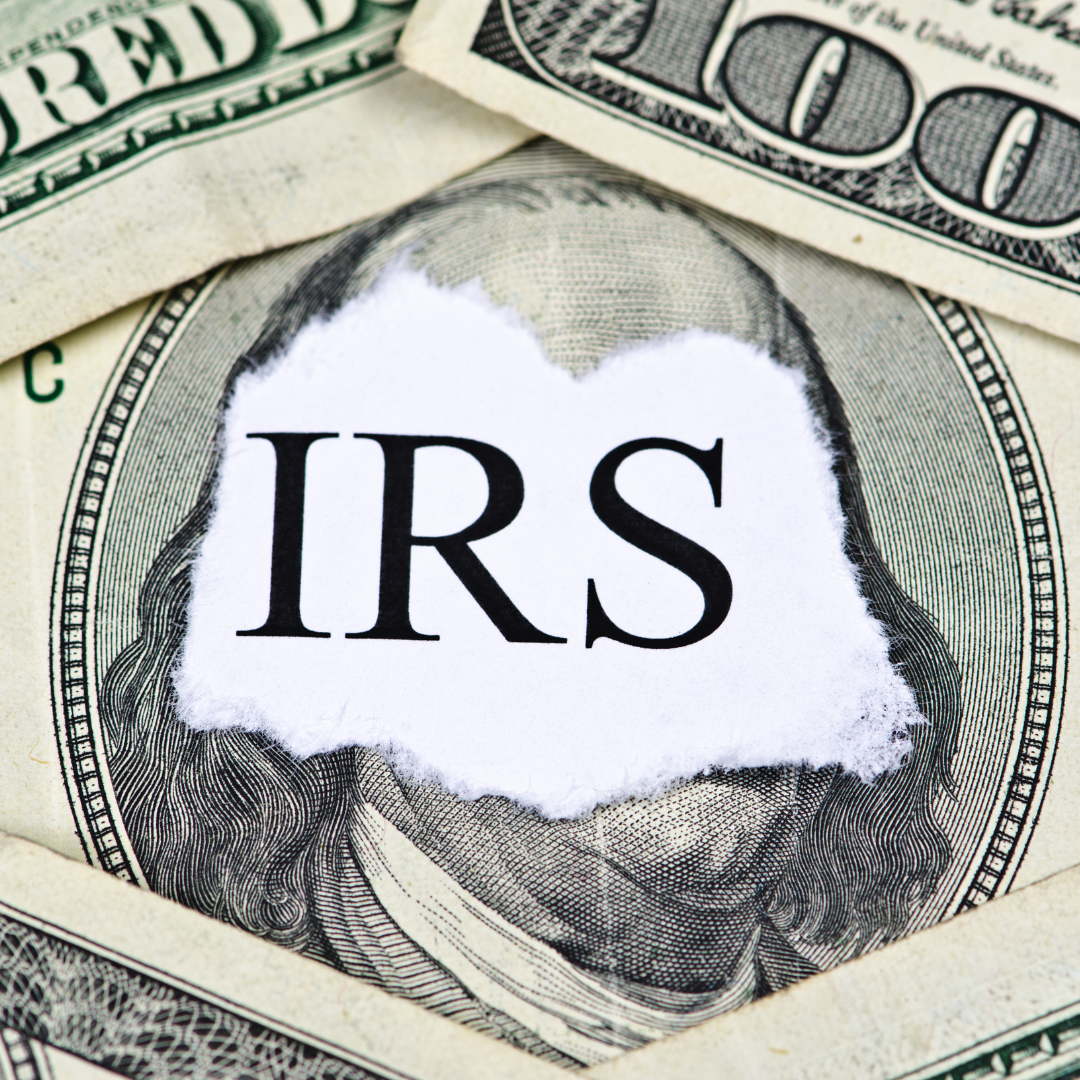Filing small business taxes may seem like an overwhelming and stressful aspect of owning a business, especially if you have just gotten up and running and still learning the ropes. It does not have to be, though. As long as you understand all aspects of your small business’s finances — including how small business taxes work — the whole process may be less confusing than you believe.
This guide will walk you through everything you need to know about filing your small business taxes for the first time.

5 Common Small Business Tax Filing FAQs
All businesses need to file taxes every year, but figuring out which you need to file may be rather confusing. Here are answers to some of the most common questions many small business owners have regarding their taxes.

1. What taxes do small businesses need to file?
Income Taxes
Estimated Taxes
These are quarterly tax payments based on the filer’s earned income. Estimated taxes are usually used by small business owners, independent contractors, and freelancers who do not have taxes automatically withheld from their earnings.
Self-Employment Taxes
Employment Taxes
If you have employees, you will need to pay specific employment tax responsibilities, including Medicare and Social Security taxes, Federal Income Tax withholdings, and Federal Unemployment (FUTA) Taxes.
Excise Tax
Depending on your business, you may also have to pay excise taxes. These taxes only apply to specific goods and services, including environmental, fuel, communications and air transportation, manufacturer’s taxes on the sale or use of various goods, and taxes on the retail sale of tractors or heavy trucks.

2. Which tax forms do small businesses need to file?
Typically, the tax forms you will need to fill out will depend on your business type. For instance, if your small business is structured as a sole proprietorship or a limited liability company (LLC), you will need to complete IRS Form 1040 (Individual Income Tax Return), while an S Corporation will need to complete IRS Form 1120 S (U.S. Income Tax Return). In addition, you may need to complete the following small business tax forms:
Self-Employment Tax Forms
Estimated Tax Forms
Social Security and Medicare Tax and Income Tax Withholdings
This requires Form 941 (Employer’s Quarterly Federal Tax Return), Form 944 (Employer’s Annual Federal Tax Return), or Form 943 (Employer’s Annual Federal Tax Return for Agricultural Employees).
Federal Unemployment (FUTA) Tax Forms
Excise Tax Forms
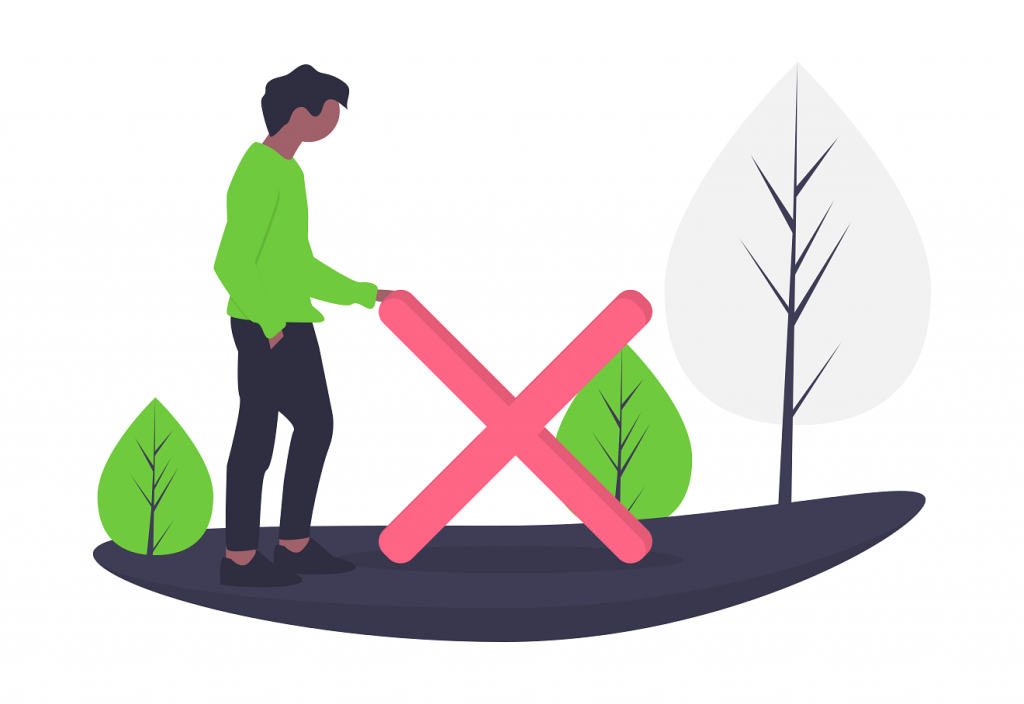
3. What happens when you do not file business taxes?
Late Payment Penalties
Interest on the Taxes Owed
Late Filing Penalty

4. Will my small business qualify for income deductions?

5. If I do not owe any taxes, do I still need to file?
Every business needs to prepare and file a business tax return, regardless if it had profit or business earnings. In certain circumstances there may still be financial benefits to filing, even if a business comes up with a loss for the year. Speaking with a tax professional can help determine if you can receive any of these tax breaks or credits.

Get Help Filing Small Business Taxes for the First Time
Taxes can be complicated. As a small business owner, the task of filing these taxes can become extremely tedious and frustrating. Fortunately, you do not have to tackle these filings alone. Contact Silver Tax Group today to speak with one of our tax pros and get the help you need when filing business taxes for the first time.

